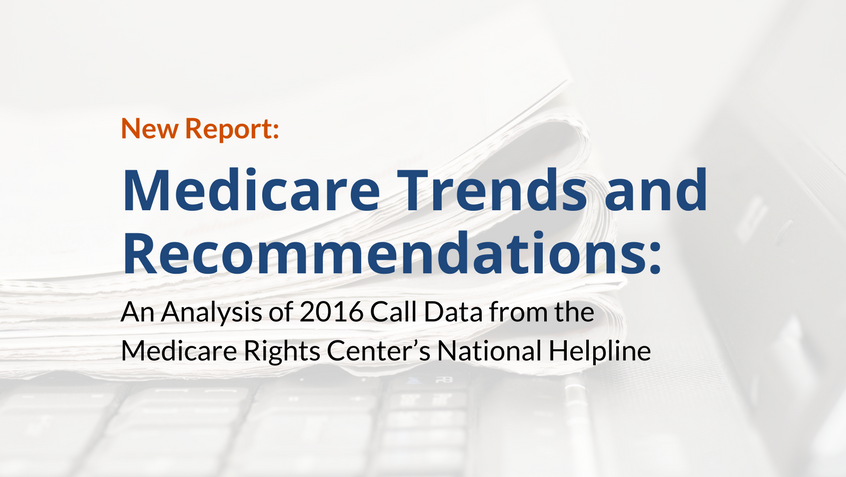
Medicare Rights Continues to Review New Medicare Rules and Guidance
Over the past few months, the Medicare Rights Center has been actively engaged in considering and commenting on proposals from the Centers for Medicare & Medicaid Services (CMS) that could have significant effects on people who are enrolled in Medicare Advantage (MA) and Part D plans. Last week, CMS released both the Contract Year 2019 Final Rules for Medicare Advantage and Part D (Final Rules) and the 2019 Call Letter. CMS also released fact sheets for the Final Rule and the Call Letter. As we continue to analyze the Final Rules and Call Letter, as well as the impact of the recent two-year budget deal, here is a preview of the issue areas we intend to spotlight, which focus on regulatory trends, anticipated implementations, and practical changes that will impact people with Medicare and those who help them navigate coverage decisions.









